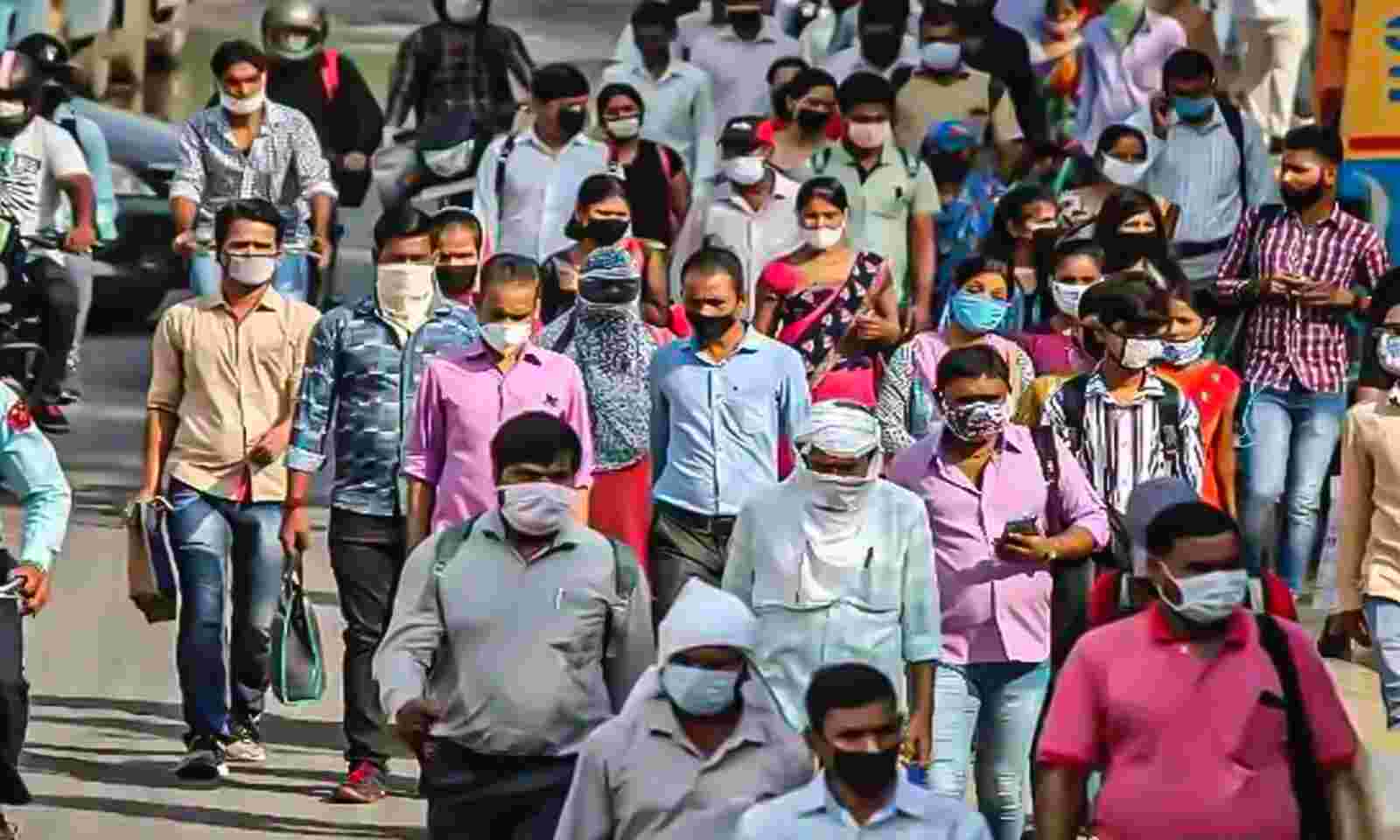State governments get power to specify Backward Classes, Bill introduced in Parliament

Background of the Bill
The Central Government of India introduced Monday a bill that would empower state governments to specify socially and educationally backward classes (SEBCs) in the Lok Sabha (House of the People).
The new bill effectively fill in the gap created by the top court’s decision, which triggered protests by stakeholders.
In India, separate OBC lists are drawn up by the Centre and each state concerned.
The Constitution (One Hundred and Twenty-Seventh Amendment) Bill, 2021 proposes to amend Article 342A of the Constitution of India, which gives the power to specify SEBCs in a particular state to the president of India and also gives the parliament the power to list SEBCs.
Dr Jaishri Laxmanrao Patil vs The Chief Minister & Others (Civil Appeal No. 3123 of 2020)
The Supreme Court of India on 5th May 2021 set aside the Maratha quota reservation provided by the Maharashtra Government under Maharashtra State Socially and Economically Backward Class (SEBC) (Admission in Educational Institutions in the State and for posts for appointments in the State and for posts for appointments in public service and posts) Reservation Act, 2018. A 5 judges constitution bench of Justice Ashok Bhushan, Justice S. Abdul Nazeer, Justice L. Nageswara Rao, Justice Hemant Gupta and Justice S. Ravindra Bhat dealt with total of 6 issues wherein the bench was unanimous on 3 issues and fractured on the other 3 issues with a ratio of 3:2. One of the issues, amongst others, was whether the judgement of Indira Sawhney must be revisited and the judges unanimously decided on this issue that the verdict was upright, has been followed by the court in several other cases and need not be re-examined.
The Supreme Court on Wednesday ruled that after the insertion of Article 342A in the Constitution, it is the Central government alone which is empowered to identify Socially and Economically Backward Class (SEBC) and include them in a list to be published under Article 342A (1), specifying SEBCs in relation to each State and Union Territory.
The States can, through their existing mechanisms, or even statutory commissions, only make suggestions to the President of the Commission under Article 338B, for inclusion, exclusion or modification of castes or communities, in the list to be published under Article 342A (1), the Court ruled.
On May 5, while scrapping a separate quota for the Maratha community in Maharashtra, the Supreme Court had ruled that after a 2018 amendment in the Constitution, only the central government could notify socially and educationally backward classes (SEBCs) – not the states.
This interpretation of the 102nd constitutional amendment — which related to giving constitutional status to the National Commission of Backward Classes – effectively struck a blow to the authority of state governments in identifying backward classes and provide them with reservation benefits. The decision to bring the 127th Constitution Amendment Bill 2021.
The Need for the amendment
The amendment is necessary to restore the powers of the state governments to maintain their list of OBCs which was taken away by a Supreme Court interpretation of the Constitution (102) Amendment Act.
This marks the third time in as many years that the central government has brought legislation to effectively roll back a decision of the Supreme Court relating to lower castes.
Image Source: The Logical Indian





